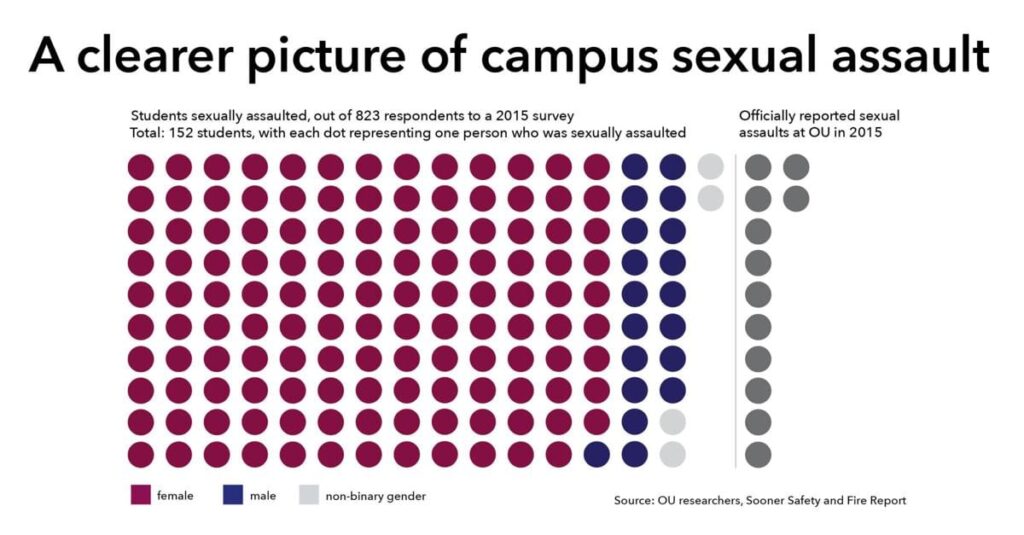by The Cowl Editor on October 4, 2018
Opinion

by Elizabeth McGinn ’21
Opinion Staff
Dr. Christine Blasey Ford’s horrifying account of sexual assault allegedly perpetrated by Supreme Court nominee Brett Kavanaugh has reverberated throughout the nation. Now joined by two more accusers, Dr. Ford’s testimony brings to light the role of delayed reportings, credibility, and how the #MeToo movement can impact Washington.
Although the #MeToo movement has revolutionized the acceptance of speaking out against assault, Washington has largely been left unscathed by repercussions. Hollywood has witnessed the successes of the #MeToo movement with the firings of Harvey Weinstein, Louis C.K., Kevin Spacey, and many more, yet politicians have yet to face repurcussions.
For Providence College students, the new student advocacy organization RISE attempts to tackle this sensitive topic. RISE, an acronym for reclaim, inform, support, and empower, seeks to educate the student body on consent and provide a supportive atmosphere for survivors.
The vote to continue the process of Kavanaugh’s nomination threatens to maintain the status quo of ignoring serious claims by women in politics, echoing Anita Hill and Clarence Thomas. By investigating the circumstances around the alleged assault, the Senate has the power to set a strong precedent against sexual predator behavior.
For many survivors, Dr. Ford’s account and subsequent reactions by politicians and media reflects a reality of victim-blaming. While Rachel Mitchell’s interrogation of Dr. Ford’s testimony attempted to put her on trial, Dr. Ford was collected, eloquent, and most importantly, credible.
Many are skeptical of Dr. Ford’s delay in reporting. The main argument against her story is the question of why she waited for the seemingly 11th hour of Kavanaugh’s nomination process.
Brianna O’Shaughnessy ’19 stated that reporting is “all about the individual and how they process their own trauma.” Survivors of sexual assault grieve, process, and grow in many different ways. While some may opt to report instantly, the shock and trauma may be suppressed for years—which may be triggered when an abuser is up for a Supreme Court nomination.
Sexual assault can happen to anyone—men, women, LGBTQIA, people of color—and we must take all accounts seriously.
O’Shaughnessy, the founder of RISE, explains that RISE is “all about letting the survivor chart their own course and being able to reclaim the control that was previously taken away from them.” Future plans include teach-ins, speakers, and education about sex and consent to increase safety and create an accepting atmosphere for all students.
At a Catholic college, sex itself is a sensitive topic, let alone sexual assault. While students ideally remain abstinent until marriage in the Catholic faith, the reality reflects the culture of all American colleges—a mixture of hookups and dating, often including sex. So when a survivor comes forward to report his or her assault, the fear of victim-blaming or violating a Catholic belief can overcome the need for justice.
RISE aims to simplify the process of reporting by advising and educating us on students’ rights according to Title IX and the Clery Act. For those interested in joining RISE’s mission to end sexual assault on campus and aid survivors, meetings are held on Wednesdays at 6 p.m. in Feinstein 203.
The reality is that sexual assault is an issue in this nation, in this city, and on this campus. Be part of the change. Stand up, speak out, and most of all remember that you are not alone.